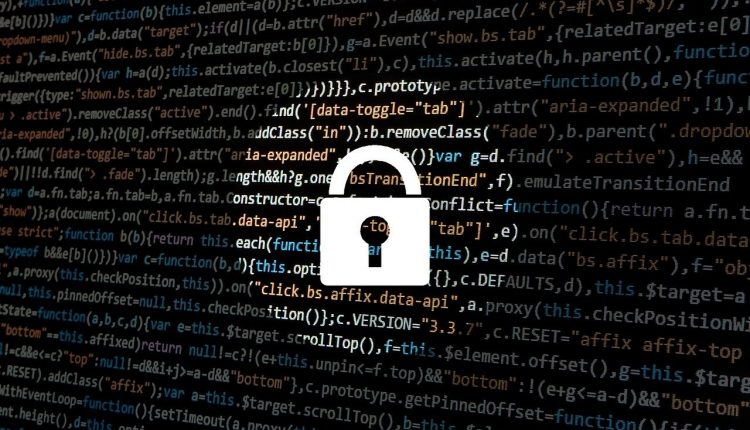The Downside of Remote Work—Cybersecurity
While work is still getting done during the pandemic, remote access to our offices is greatly increasing the chances of data breaches, which are expensive to fix and hard to find.
According to Robert Selvaraj, Co-founder and CEO of SearchBlox, ”Most enterprise security was not designed for remote work… the sudden, seismic shift to distributed teams poses huge cybersecurity risks.”
Before COVID-19, Selvaraj indicates that approximately 15% of U.S. employees worked from home, most not on an ongoing basis. By mid-April, however, that number rose to fully half of U.S. employees. Unfortunately, the concern is that remote employees may prioritize productivity and speed over security.
In order to protect employee data, customer data, and your reputation, Selvaraj’s suggestions include:
- Require refresher courses for compliance
- Publish new device security and virtual private network (VPN) protocols, updating policies regarding VPN and device sharing
- Update users and permissions settings
- Make sure search data is secure.
- Choose vendors that provide searchable encryption.
It will be interesting to see how many remote workers continue in this mode after the pandemic has passed. In the meantime, SearchBlox claims that its Elasticsearch encrypts data at rest and in transit and prevents the search for data while it’s encrypted.

